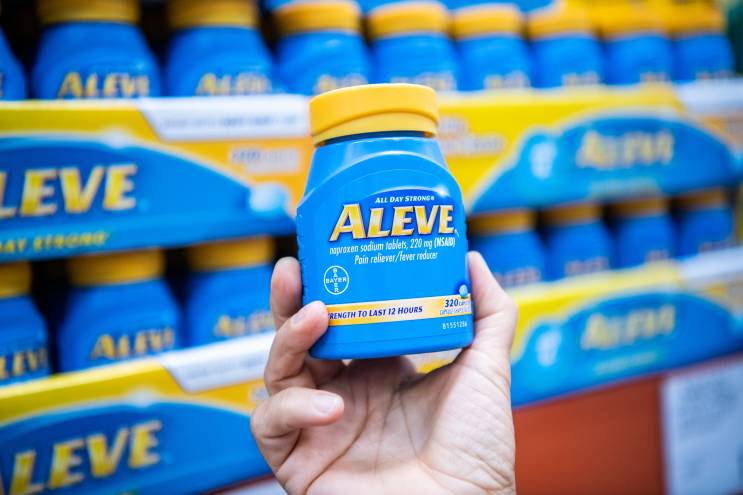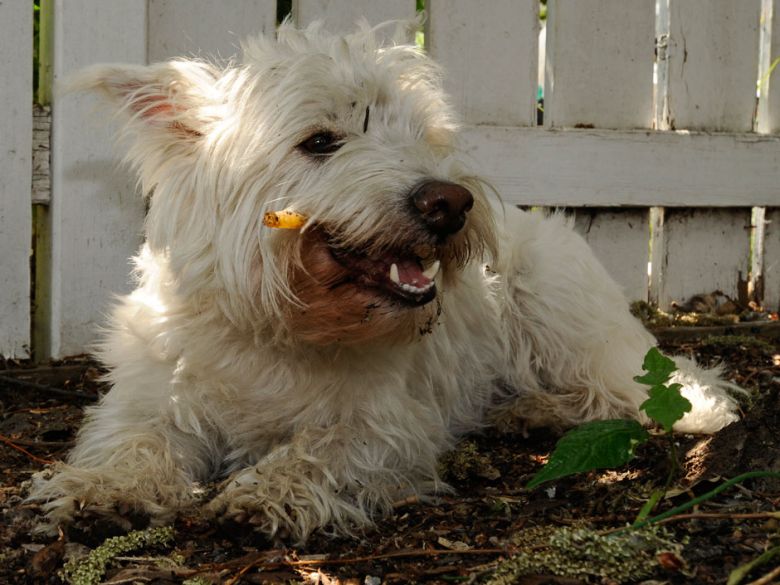Connect with a verified veterinarian in minutes. Licensed vets are available 24/7 to answer your questions. No need to worry about your furry family member.
Many plants in our yards can add a beautiful touch to our landscaping. However, it’s always a good idea to be careful about what plants are used in your yard, including the Agapanthus. The problem is that some plants can be toxic to dogs. So, what happens if a dog eats an Agapanthus? Will this make the dog sick?
Has your dog eaten an Agapanthus? Are you worried the Agapanthus will make your dog sick? If so, you’ve come to the right place. We understand it can be scary when your dog eats something like this.
We’ve gathered information about the Agapanthus and whether it can make a dog sick. Let’s get started!
What is an Agapanthus?
The Agapanthus (also referred to as the Elaine plant) is a genus of six species of perennials that are in the lily family. The plants are also called the Lily of the Nile and originally came from southern Africa. These plants are often used in landscaping and have beautiful long leaves and stalks of flowers.
What’s more, the Agapanthus is also considered to be a medicinal plant. It’s used to treat heart disease, paralysis, coughs, colds, and other illnesses. The leaves are sometimes used as bandages (the plant has some anti-inflammatory properties).
While this plant is considered safe in landscaping, what happens if a dog eats it? Can an Agapanthus make a dog sick?
Agapanthus & Dogs
The Agapanthus can cause mild toxicity in dogs. The sap can cause irritation. In addition, the plant can develop a fungus called Botrytis fungus.

Review symptoms, medications & behavior to keep your pets healthy with a Vet Online in just minutes.
Ask a Vet Live NowSymptoms of Agapanthus Toxicity in Dogs
You may notice these symptoms if your dog has eaten Agapanthus:
- Rash
- Diarrhea
- Vomiting
- Itching
- Nausea
- Painful blisters & ulcers
- Redness
- Swelling
If your dog develops these or other concerning symptoms, call the vet right away.
Treatment of Agapanthus Toxicity in Dogs
The vet may first rinse your dog’s mouth and other areas affected by the plant. In some cases, the vet may also use antihistamines and pain relieving medication for discomfort and to treat inflammation and swelling.
If your dog has become dehydrated, the vet may also give your fur baby an IV for fluids and to administer other medications. They may also give your dog medications to protect the lining of your dog’s digestive system.
The good news is that most dogs will make a full recovery after eating Agapanthus! In the future, it’s best to keep your dog away from Agapanthus or to move the plant to an area where your don’t can’t access it. You’ll both be happier for it!
Connect with a verified veterinarian in minutes. Licensed vets are available 24/7 to answer your questions. No need to worry about your furry family member.

Julie
Julie is a graduate of the University of North Carolina, Wilmington, where she studied Animal science. Though contrary to the opinion of her parents she was meant to study pharmacy, but she was in love with animals especially cats. Julie currently works in an animal research institute (NGO) in California and loves spending quality time with her little cat. She has the passion for making research about animals, how they survive, their way of life among others and publishes it. Julie is also happily married with two kids.
Review symptoms, medications & behavior to keep your pets healthy with a Vet Online in just minutes.
Ask a Vet Live Now





